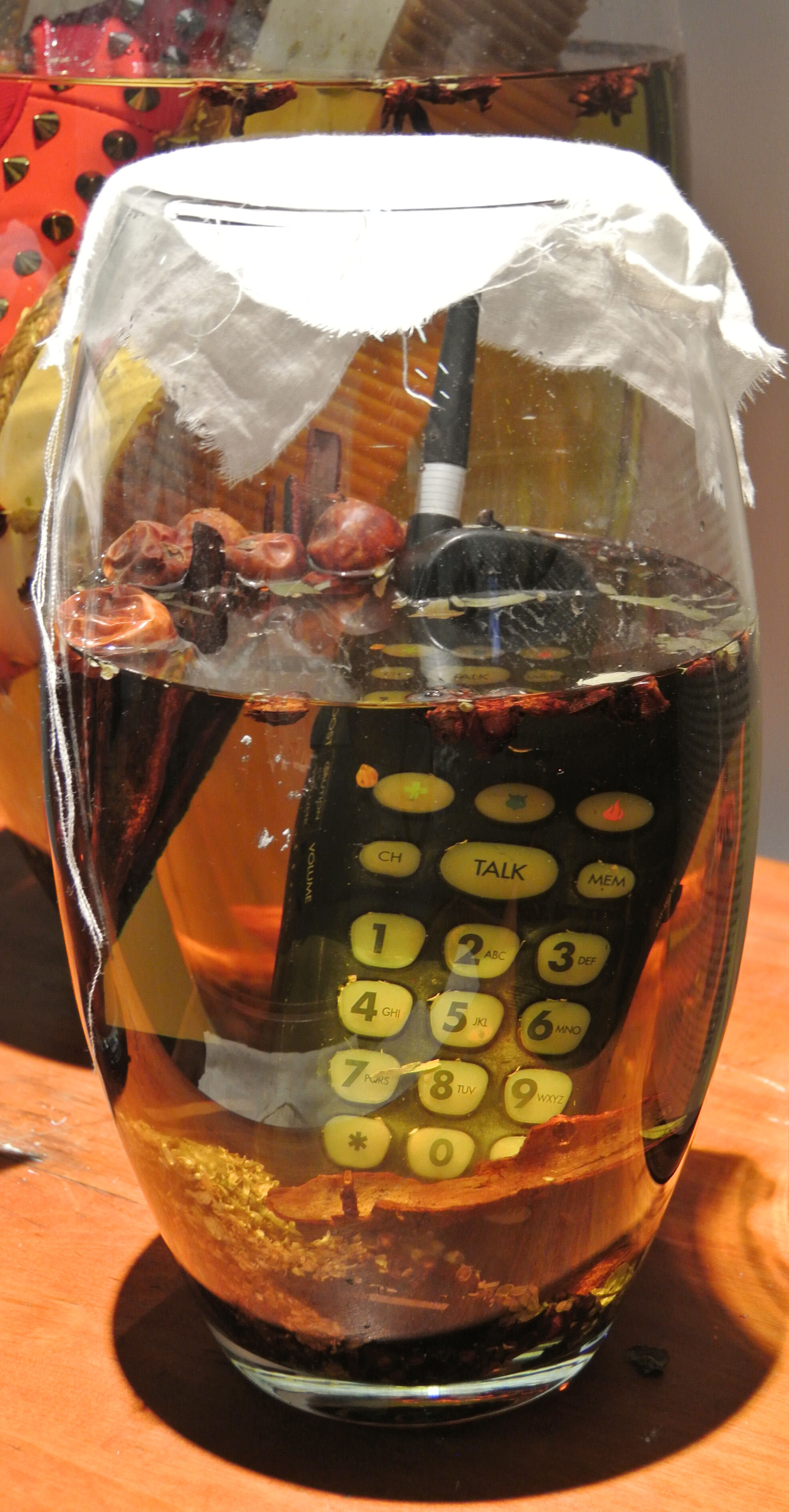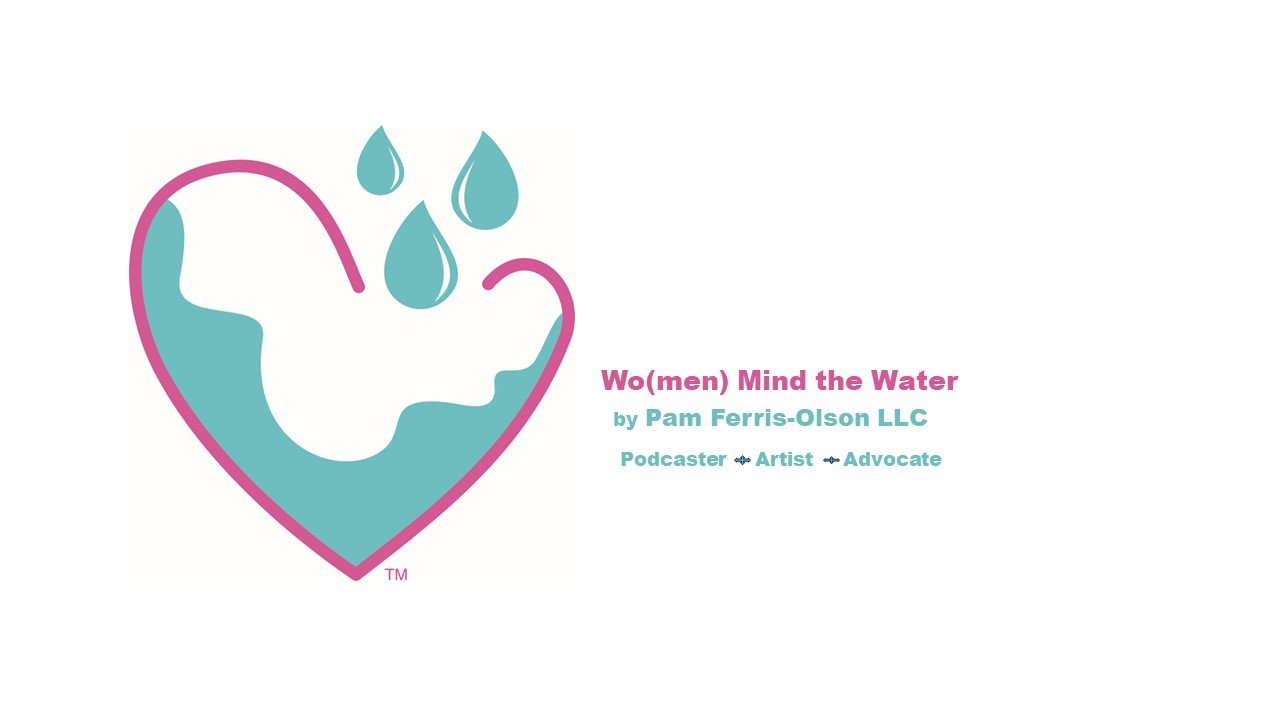
News and Updates
This section features stories that highlight how remarkable yet fragile the ocean is. It also speaks to the connection between humans and the ocean and our responsibility to protect it.
Stories, unless otherwise noted, are written by Pam Ferris-Olson, PhD. Pam has studied ocean creatures, worked in communication, and, as founder of Women Mind the Water, focuses on the relationship between humans and water. Her Wo(men) Mind the Water Artivist Series explores the work of artivists (artists +activists) and their impact in influencing change.
Protecting our reefs How they’re doing it in Roatán
When people apply sunscreens containing petrochemicals, the toxins directly or indirectly make their way into the ocean. The top six of these harmful petrochemical are avobenzone, oxybenzone, octinoxate, homosalate, octisalate, and octocrylene. These active ingredients disrupt coral reproduction, contribute to coral bleaching, and cause developmental deformities. In Protecting our coral reefs, how they’re doing it in Roatán, the latest blog post on womenmindthewater.com/news guest, Haley P. Stein of Inland Ocean Coalition shares how residents and others concerned with the health of the second largest reef system in the world are working to protect the reef from harm, a harm that tourists may be unaware they are contributing to.
Saving Coral Reefs
Coral reefs cover an extremely small amount of the Earth’s surface, but support 25 percent of all marine life. People worldwide rely on coral reefs for food resources, protection from the damaging properties of waves, and economic benefits including recreation and tourism. Coral reefs are negatively impacted by changes in water chemistry (e.g., ocean acidification) and increases in water temperature and sediment levels. Because heatwaves are becoming increasingly frequent across the globe and ocean temperatures are rising, it is important to understand how reefs are impacted and promote their survival. This article discusses what is being done.


